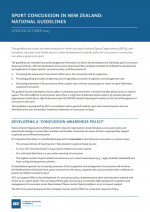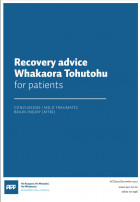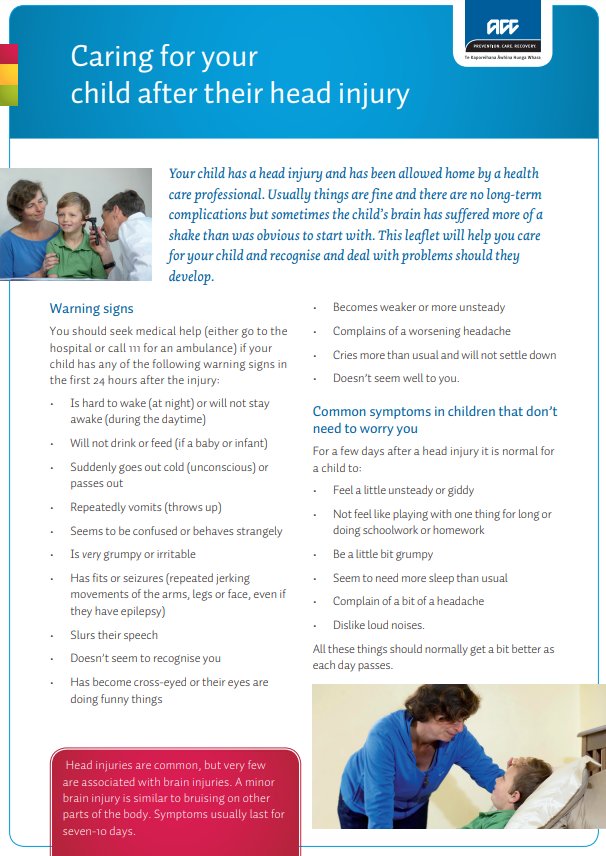A concussion is a type of mild traumatic brain injury (mTBI). It occurs when a bump, blow or shake to your head or body transmits a force to your brain. This does NOT cause any bleeding, bruising or swelling in the brain, the reason why scanning your brain is not helpful to diagnose concussion. However, it causes a change in the brains cells, essentially altering their function. This is due to chemical changes within the cell. To imagine this, think of these cell changes as a leak in a bag of water.
- You don't have to get a blow directly to your head itself – impact anywhere on your body can transmit forces to your brain.
- You also don't have to be knocked out to get a concussion. In fact, loss of consciousness only happens with 10% of concussions.
Video: Concussion management and return to learn
The following video by Dr Mike Evans, on concussion management and return to learn, provides a useful summary of the key points to know. This video may take a few moments to load.










